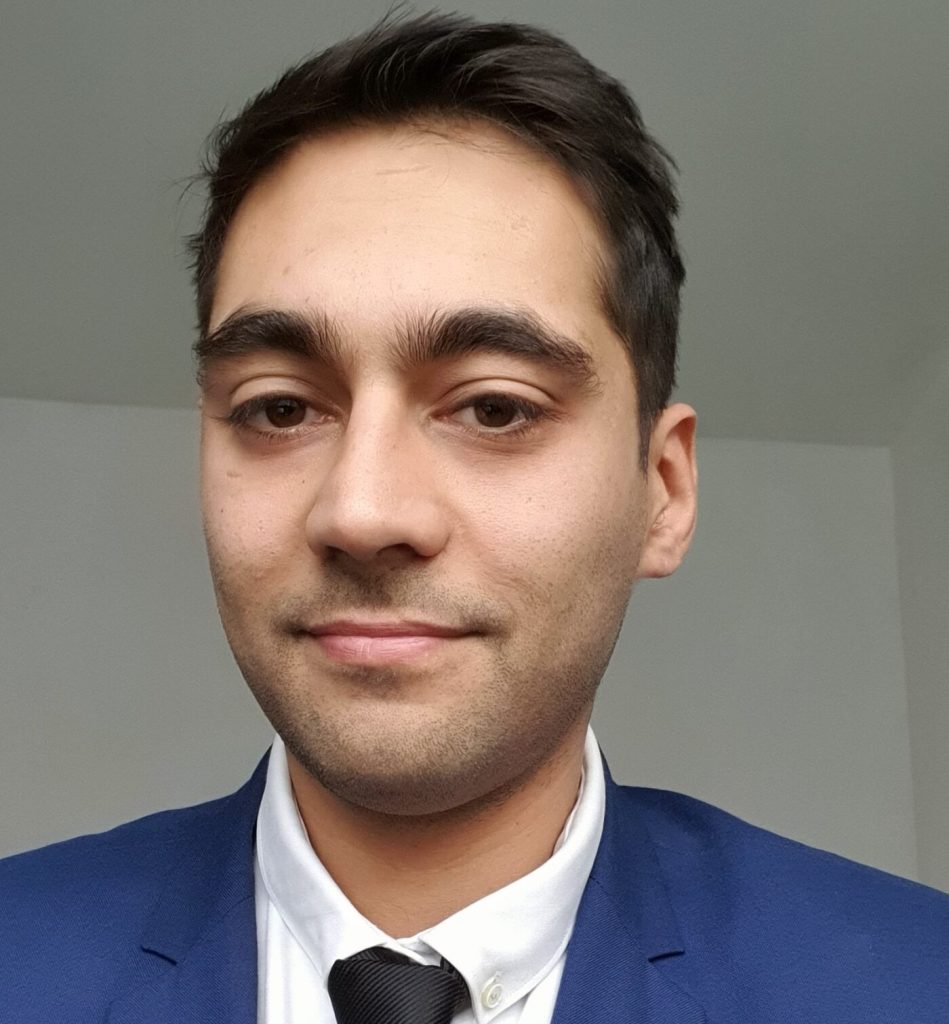The National Institute for Health and Care Research (NIHR) have awarded Dr. Shafi Balal a prestigious Doctoral Fellowship at University College London (UCL).
The NIHR Doctoral Fellowship is a full-time award that supports individuals to undertake a PhD in an area of research within the NIHR’s remit.
The funding will support Dr. Balal in groundbreaking research on using artificial intelligence (AI) to develop a foundation model (KERAFound) to enhance the early diagnosis of keratoconus, a corneal condition affecting vision. Keratoconus, impacts around 1 in 375 people and causes the cornea to become irregular and cone like, leading to visual impairment. Early diagnosis and timely treatment are crucial to prevent progression and avoid the need for corneal transplant surgery.
Dr. Balal expressed his gratitude for the support, stating:
This grant will enable us to advance our research and bring innovative solutions to the forefront of eye care. We are excited to explore the potential of AI in improving patient outcomes and reducing healthcare costs. We are seeking large anterior segment datasets and welcome national and international collaboration.
Harnessing the power of a foundation model, KERAFound will be tested on a broad range of conditions beyond keratoconus, including infections, inherited disorders, and glaucoma. In addition, exploratory work will focus on systemic conditions—an emerging field known as “oculomics.”
Dr. Balal’s research will be conducted in collaboration with Moorfields Eye Hospital, where the largest number of keratoconus patients in Europe are treated in its Keratoconus Clinic.
The team will use data from INSIGHT, an NHS-led data initiative hosted by Moorfields, to create a cloud-based database of high-quality scans to train the AI algorithms, ensuring accurate and reliable results. The project will use deep learning techniques to develop AI tools capable of diagnosing early keratoconus and monitoring its progression. This initiative aims to significantly reduce waiting times for specialist appointments, which can currently be as long as 44 weeks. Overall, this should provide substantial benefits to patients and the NHS.

The study will be the first to use AI and INSIGHT data to look at anterior scans of the front of the eye to show how the cornea is changing shape over time. Previous successful work with INSIGHT data has looked at retinal scans of the back of the eye and led to the release of the RETFound AI foundation model.
Original article by NIHR here: https://moorfieldsbrc.nihr.ac.uk/nihr-grant-awarded-to-ucl-scientist-for-community-sourced-ai-powered-keratoconus-research/

